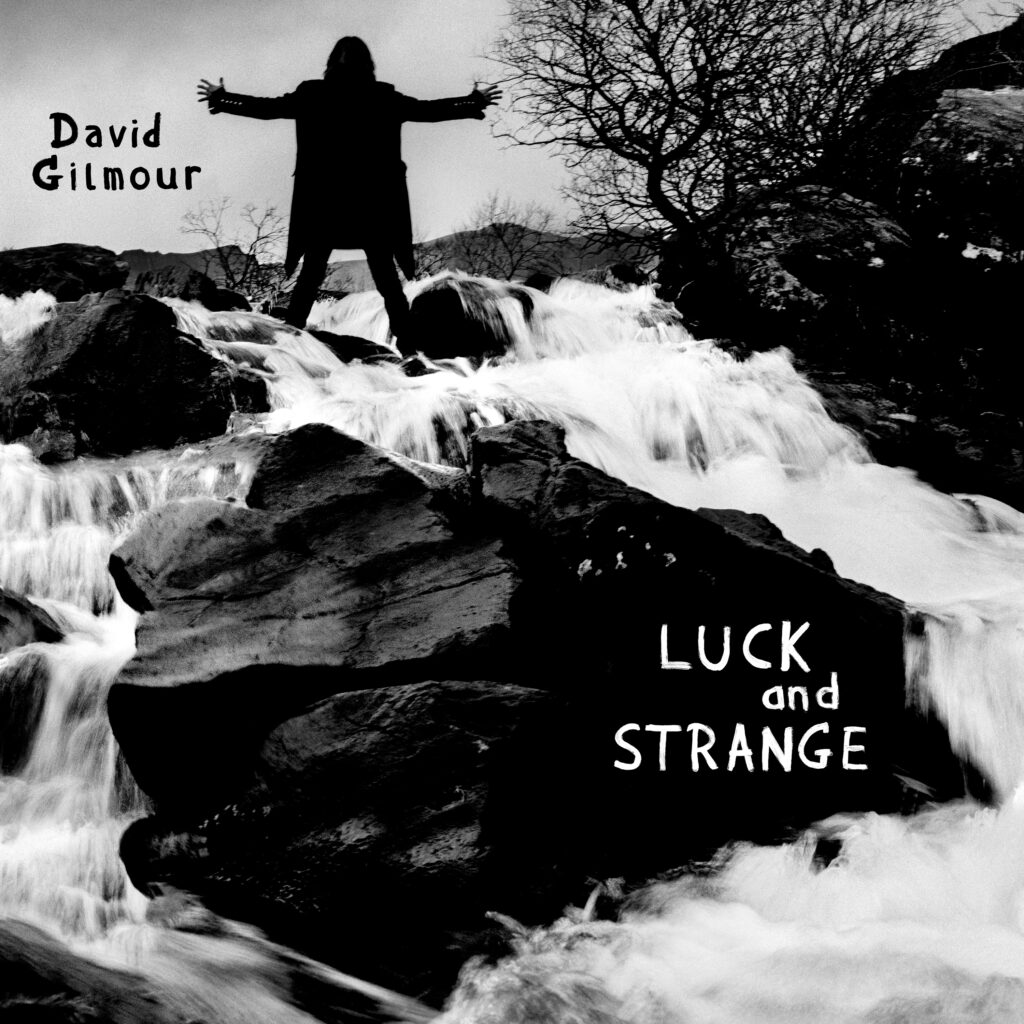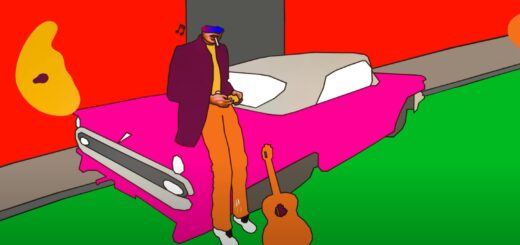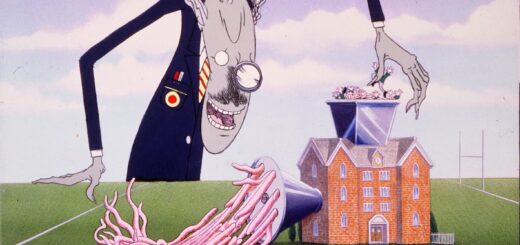The Piper’s Call Lyrics, David Gilmour
Home / Pink Floyd Lyrics / Luck and Strange Lyrics / The Piper’s Call Lyrics by David Gilmour
Take these binds everlasting
Can’t undo that voodoo that you do
And the knots that we fasten
Will not work themselves loose
Whatever it takes
Steer clear of the snakes
The road to hell is paved with gold, they’ll tell you
All the things that you don’t need, they’ll sell you
Your conscience uncontrolled
And beauty to behold
The promise of eternal youth
The spoils of fame, a carpe diem attitude
The flamеs are high, the piper’s call, contagious
A fixеr who will numb your pain, and strangeness
The wheels are hot, the hangover outrageous
The stealer he will trade your soul for favours
But you’ll reap what you sow
As I found long ago
The promise of eternal youth
The spoils of fame, a carpe diem attitude

Analysis of the Piper’s Call Lyrics
These song lyrics delve into themes of temptation, consequence, and the pursuit of fleeting pleasures. Let’s break down some of the key reflections and themes:
Temptation and Consequence: The lyrics speak of the allure of certain vices or indulgences (“The flames are high, the piper’s call, contagious”), but also highlight the inevitable repercussions or “hangover” that follows (“The wheels are hot, the hangover outrageous”). This reflects the age-old notion of temptation leading to consequences, a moral lesson often found in literature and music.
Materialism and Consumerism: There’s a critique of materialism and consumer culture in lines like “All the things that you don’t need, they’ll sell you.” The reference to “the road to hell is paved with gold” suggests that the pursuit of wealth and possessions can lead one astray from what truly matters.
The Illusion of Eternal Youth and Fame: The promise of “eternal youth” and “the spoils of fame” is portrayed as alluring but ultimately empty. These are portrayed as illusions that people chase after, only to find that they don’t bring lasting fulfillment or happiness.
Self-Destruction and Self-Reflection: The lyrics suggest a cycle of self-destruction and self-reflection. Despite the warnings and lessons learned (“But you’ll reap what you sow, As I found long ago”), there’s an acknowledgment that individuals may still be drawn to destructive behaviors or lifestyles.
Resisting Temptation and Seeking Truth: The advice to “Steer clear of the snakes” implies the importance of resisting temptation and staying true to one’s values. It suggests that despite the allure of certain paths, there’s wisdom in avoiding them and seeking a more authentic or fulfilling life.
Overall, these lyrics present a cautionary tale about the seductive nature of vice and the importance of resisting temptation in pursuit of deeper fulfillment and truth. They reflect on the human tendency to be drawn to short-term pleasures and the eventual disillusionment that follows, while also hinting at the possibility of redemption through self-awareness and wise choices.
Explore The Piper’s Call Lyrics Further
The lyrics seem to draw inspiration from various literary and poetic sources that explore themes of temptation, consequence, and the human condition. Here are some books and poems you can enjoy to further explore the themes of the song. These works of literature and poetry offer rich explorations of the human condition, morality, and the consequences of one’s choices, which resonate with the themes and reflections present in the lyrics of David Gilmour’s latest single, penned by Polly Samson.
“The Road to Hell is Paved with Good Intentions”: This phrase, often attributed to Saint Bernard of Clairvaux, has been referenced in numerous works of literature and music. It speaks to the idea that actions intended for good can have unintended negative consequences, which aligns with the themes of consequence and temptation in the lyrics.
“The Picture of Dorian Gray” by Oscar Wilde: Wilde’s novel explores themes of vanity, temptation, and the pursuit of eternal youth. The protagonist, Dorian Gray, sells his soul to maintain his youthful appearance, ultimately facing the consequences of his hedonistic lifestyle.
“The Waste Land” by T.S. Eliot: Eliot’s poem delves into themes of disillusionment, spiritual emptiness, and the decline of modern civilization. It contains references to various myths, religious texts, and cultural symbols, which could inspire the complex imagery and themes in the lyrics.
“Faust” by Johann Wolfgang von Goethe: This classic tragedy tells the story of Faust, a scholar who makes a pact with the devil in exchange for knowledge and worldly pleasures. The themes of temptation, moral compromise, and the consequences of one’s actions resonate with the lyrics’ exploration of similar themes.
“The Love Song of J. Alfred Prufrock” by T.S. Eliot: Another work by T.S. Eliot, this poem reflects on themes of existential angst, alienation, and the fear of aging. The narrator grapples with feelings of inadequacy and the desire for significance, which aligns with the themes of seeking fulfilment and the illusion of eternal youth in the lyrics.
“Paradise Lost” by John Milton: Milton’s epic poem explores themes of temptation, sin, and redemption through the story of Adam and Eve’s fall from grace. The depiction of Lucifer’s rebellion against God and the seduction of Eve could provide inspiration for the portrayal of temptation and its consequences in the lyrics.



